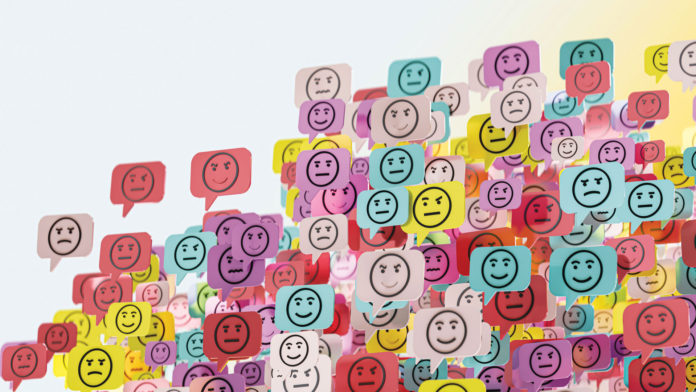
As a licensed therapist and mental health expert, I have seen firsthand how the stigma surrounding suicide and mental health challenges can prevent individuals from seeking the help they need. The fear of judgment can deter people from seeking professional care, opening up to friends and family, or even acknowledging their mental health struggles to themselves.
This creates an environment where those affected feel ashamed or embarrassed to discuss their struggles, often leading to silence and isolation. This is particularly harmful when it comes to suicide, as the silence surrounding suicidal thoughts and behaviors can prevent individuals from reaching out for help.
When we reduce the stigma around mental health and suicide, we create a culture of openness, support and education. People who may have once been afraid to seek help feel empowered to do so. They realize they are not alone in their struggles and that mental health issues are nothing to be ashamed of.
Reducing stigma saves lives by promoting earlier intervention and fostering environments where mental health is treated with the same level of importance as physical health.
Reducing the stigma around suicide and mental health is a shared responsibility that requires the commitment of individuals, communities, healthcare professionals, and policymakers. Here are some key strategies that can help:
Encourage Open Conversations About Mental Health
The more we talk about mental health, the more we normalize these discussions and create a culture where it’s okay to not be okay and where people can share their struggles without fear of judgment. Making mental health a regular part of the conversation fosters understanding and reduces stigma.
Use Compassionate Language
How we talk about mental health and suicide matters. Avoiding harmful phrases like “committed suicide” (which suggests a crime) and instead using “died by suicide” humanizes the experience and removes blame. Likewise, avoid using terms like “crazy” or “weak” when referring to mental health challenges. Compassionate, respectful language helps create a safe environment for people to seek help.
Educate Yourself and Others
By learning about mental health conditions and suicide, you can help dispel myths and provide accurate information to those around you. Understanding that mental health issues are common and treatable can change the way society views those who are struggling.
Support Mental Health Advocacy
Supporting organizations and initiatives that promote mental health awareness, advocate for better mental healthcare access, and push for policy change is crucial. As individuals, we can amplify these efforts by joining campaigns, participating in awareness events, and using our platforms to spread positive mental health messages.
Listen Without Judgment
If someone opens up about their mental health or suicidal thoughts, listen without judgment. Providing a non-judgmental space for someone to share their pain can make all the difference. Avoid offering quick fixes or dismissing their feelings. Instead, express empathy and encourage them to seek professional help when needed.
Seek Help Early and Normalize Therapy
Encouraging early intervention and viewing therapy as a routine part of health maintenance—much like visiting a doctor for physical health—helps change the narrative. Mental health check-ins should be considered as important as annual physicals, with no shame in seeking professional support.
Conclusion
Reducing the stigma around suicide and mental health is not only about raising awareness—it’s about changing the narrative. By encouraging open dialogue, using compassionate language, educating ourselves and others, supporting mental health advocacy, listening without judgment, and normalizing therapy, we can break down the barriers that stigma creates and help save lives.
If you or someone you know is struggling with suicidal thoughts or mental health challenges, know that help is available. Reach out to a trusted professional, call a helpline, or talk to a loved one. You are not alone, and there is no shame in seeking support.
Maaliea Wilbur, a Licensed Marriage and Family Therapist, is Founder and CEO of TherapyWorks. For more information, visit mytherapyworks.com.












